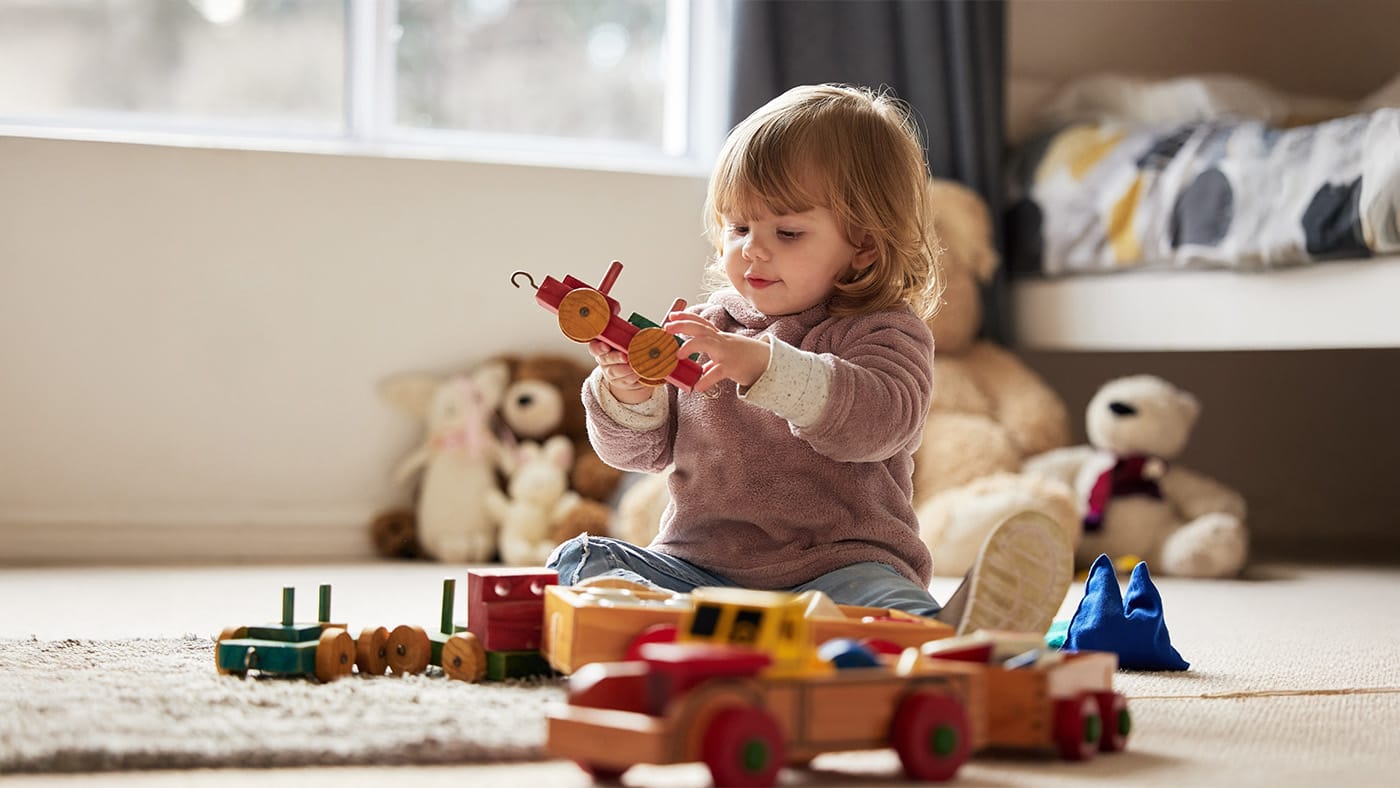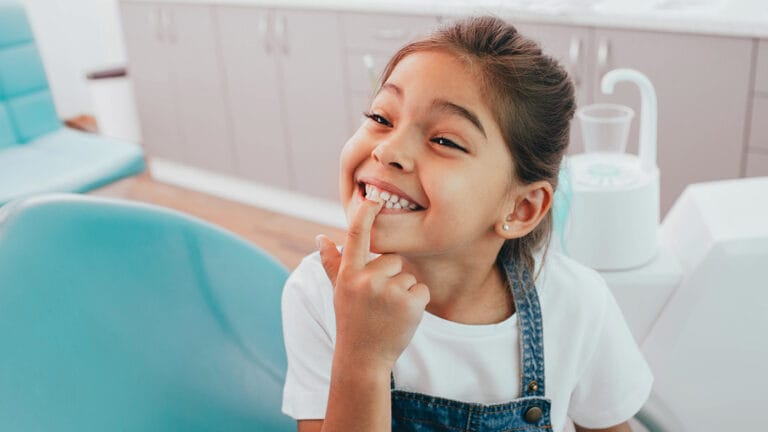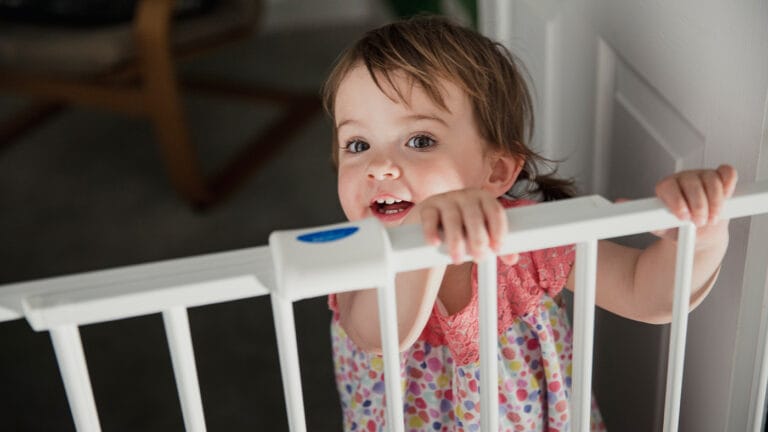Playtime isn’t just fun; it’s an invaluable tool that aids in the development of vital stress management skills that will pay dividends later in life. It also plays an important role in language, cognition, and social-emotional development. The importance of play in child development cannot be overstated, as it fosters creativity, critical thinking, and emotional resilience. Playing with parents and peers helps kids develop and navigate safe, stable, and nurturing relationships. Structured and unstructured play is especially beneficial in helping kids manage their emotions, especially during times of high stress, but there’s never a bad time to have fun!
Benefits of Play For Babies and Kids
Life is hectic, and with so much going on, it can be challenging to fit playtime into a busy schedule, but it’s essential for physical, mental, and social well-being. Early childhood play lets children be creative, use their imaginations, and learn to navigate the world. Through play, kids learn to work together, share, resolve conflicts, make decisions, and build confidence—all skills they will use as they grow.
The physical benefits of playtime include strengthening bones, building essential muscle groups, and strengthening the heart and lungs. Kids also learn hand-eye coordination and dexterity by playing with toys and manipulating objects. Why is play important in early childhood? Because play positively impacts cognition and affects language and math skills later in life.
The good news is that you can find ways to play almost anytime and anywhere. Solo play allows kids to experiment freely, while playtime with parents or peers will enable kids to engage, interact, and build relationships.
Playtime For Babies, Toddlers, and Kids
When it comes to playtime, there don’t have to be rules. There are a million different ways to play. Instead of worrying about structured play, create space and opportunities for play and let kids fill those opportunities in engaging and fun ways. Different types of play in early childhood development contribute to various aspects of a child’s growth, from cognitive abilities to emotional resilience. As you prepare for playtime, here are a few things to remember.
- Let your child be in charge: Playtime can and should involve adult caregivers but shouldn’t necessarily be driven by adults. Playtime should allow kids to explore how they want to, with support and supervision.
- Be ready for “I’m bored”: In today’s world of constant stimulation, with movies and video games on demand, kids might struggle with unstructured play. If your child is bored, let them work through it and find their way to a new play. If you or your child struggle with unstructured play, try setting a timer and switching up play styles when the timer goes off.
- Prepare for risk: All parents want to protect their children, but playtime comes with the risk of skinned knees and other injuries. Let kids take small risks so they can learn how to move through the world safely.
Playtime Ideas for Babies
- Age-appropriate toys – Rattles, baby books, crib mirrors, sound makers, and more all provide good entertainment for babies. Look for toys with contrasting colors and variable textures. Be wary of sharp corners and rough edges.
- One-on-one time – Talk to your baby, smile, and make funny faces. Reading books and singing songs to your baby are fun ways to help develop language skills.
- Tummy time – Letting your little one lie on their belly while supervised helps to develop essential muscle groups. Tummy time helps babies strengthen their neck and back while learning to reach and grasp objects. It’s one of the first steps to crawling and eventually walking.
- Water play – During bathtime or with a small amount of water in a shallow tray, splashing and playing in water gives your baby a fun experience that helps develop motor skills and hand-eye coordination. Remember to never leave a baby unsupervised around any amount of water.
- A change of scenery – go for a walk together. You can carry your baby on a walk around the block or break out the stroller for a longer walk.
Playtime Ideas For Toddlers and Kids
- Shape sorting toys – Sorting shapes helps young children learn to recognize different shapes and colors. It also allows kids to develop problem-solving skills, motor skills, and spatial awareness. This supports development in child’s play as they grow.
- Tea parties – Whether real or pretend, tea parties help kids develop social, language, and motor skills. In place of tea, you can fill cups with water, lemonade, juice, or a beverage of choice. Let your little one host the party to practice planning and executing tasks. As your child grows, you can expand the tea party to include baking treats, dressing up, and other elements.
- Get outside – Going to the park, on a walk, or for a hike provides kids with physical exercise, stress reduction, social interaction, and communication skills. They’ll learn to take turns, play together, and solve problems in shared play spaces. Preschoolers learning through play develop critical thinking and teamwork skills. Outside play also allows kids to make mistakes and understand risk management in the wider world.
- Put together a jigsaw puzzle – Puzzles come in all sizes and varieties, with simple 10-piece puzzles and more complex puzzles with 1,000 pieces or more. Puzzles help children develop cognitive and problem-solving skills, dexterity, and finger strength. They’ll learn to persevere through their frustrations and enjoy the thrill of success when the puzzle is completed.
- Multimedia art sets – Art helps children learn to think creatively while exploring, representing their feelings and experiences, and developing a sense of identity. They’ll learn new ways to communicate, develop stronger hand-eye coordination, and problem-solve as they experiment with different art styles.
- Sensory bins – A simple bin filled with various materials can be a fun way to experiment with textures, develop hand-eye coordination, and destress. Fill a storage container, box, or bin with dry noodles, rice, beans, unpopped popcorn, aquarium rocks, lentils, or similar base material. Toss in small toys, figures, and other small objects, equip your child with spoons and measuring cups, and let the hunt begin! Understanding the stages of play in early childhood will help guide your child’s development.
Remember that there’s no wrong way to play. As long as you’re spending time together, having fun, trying new things, and exploring the world together, you’re doing it right! Now go have some fun and enjoy the benefits of play in early childhood education!





